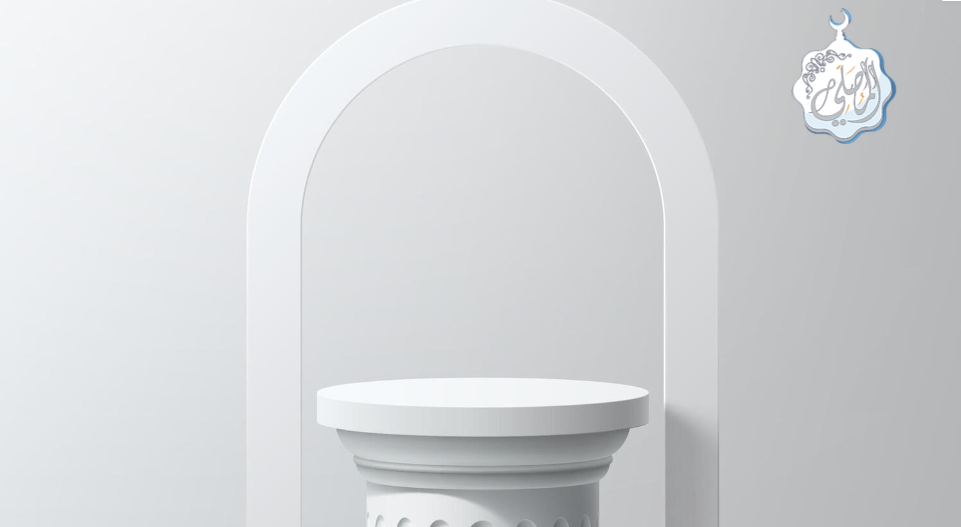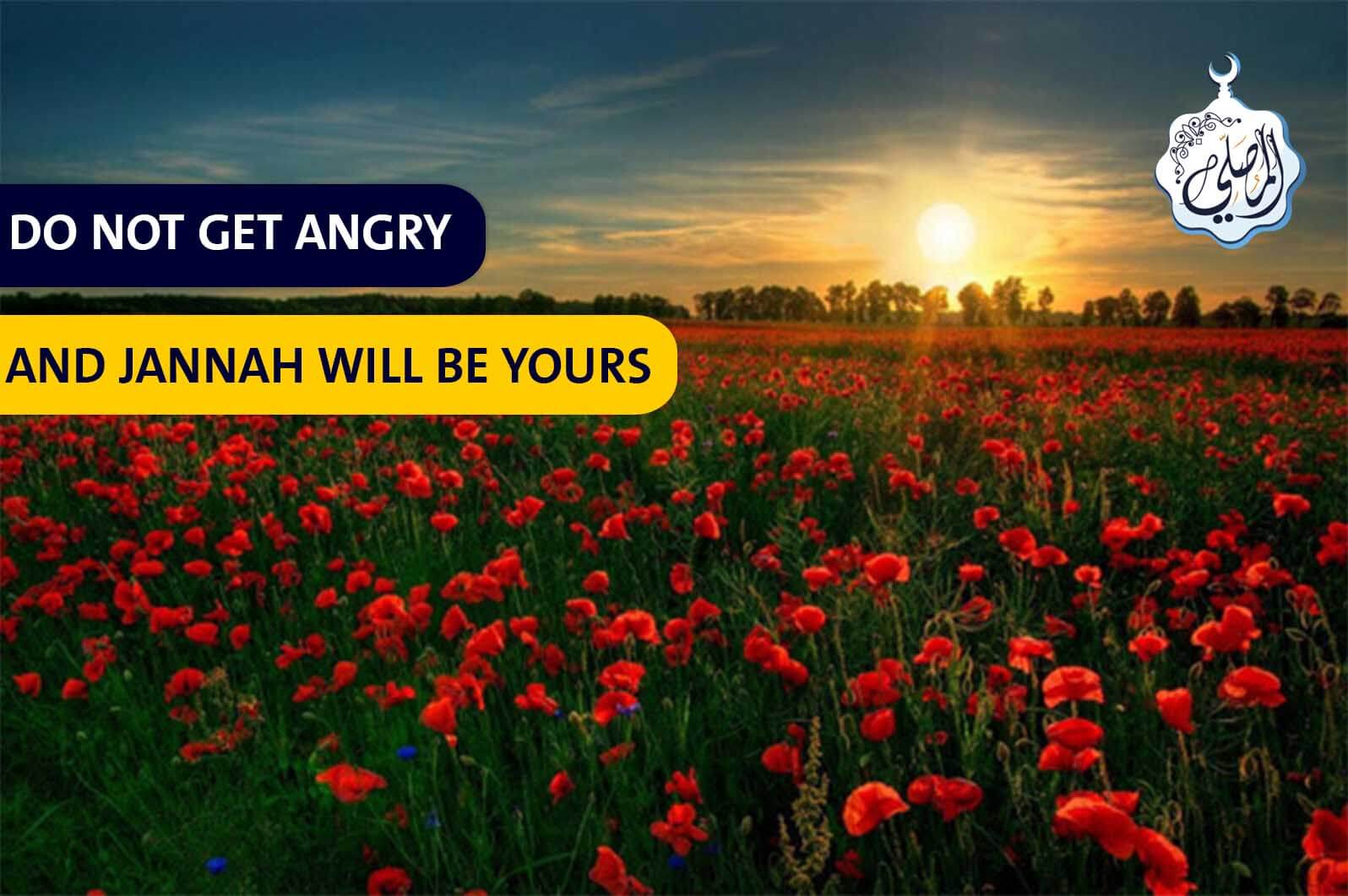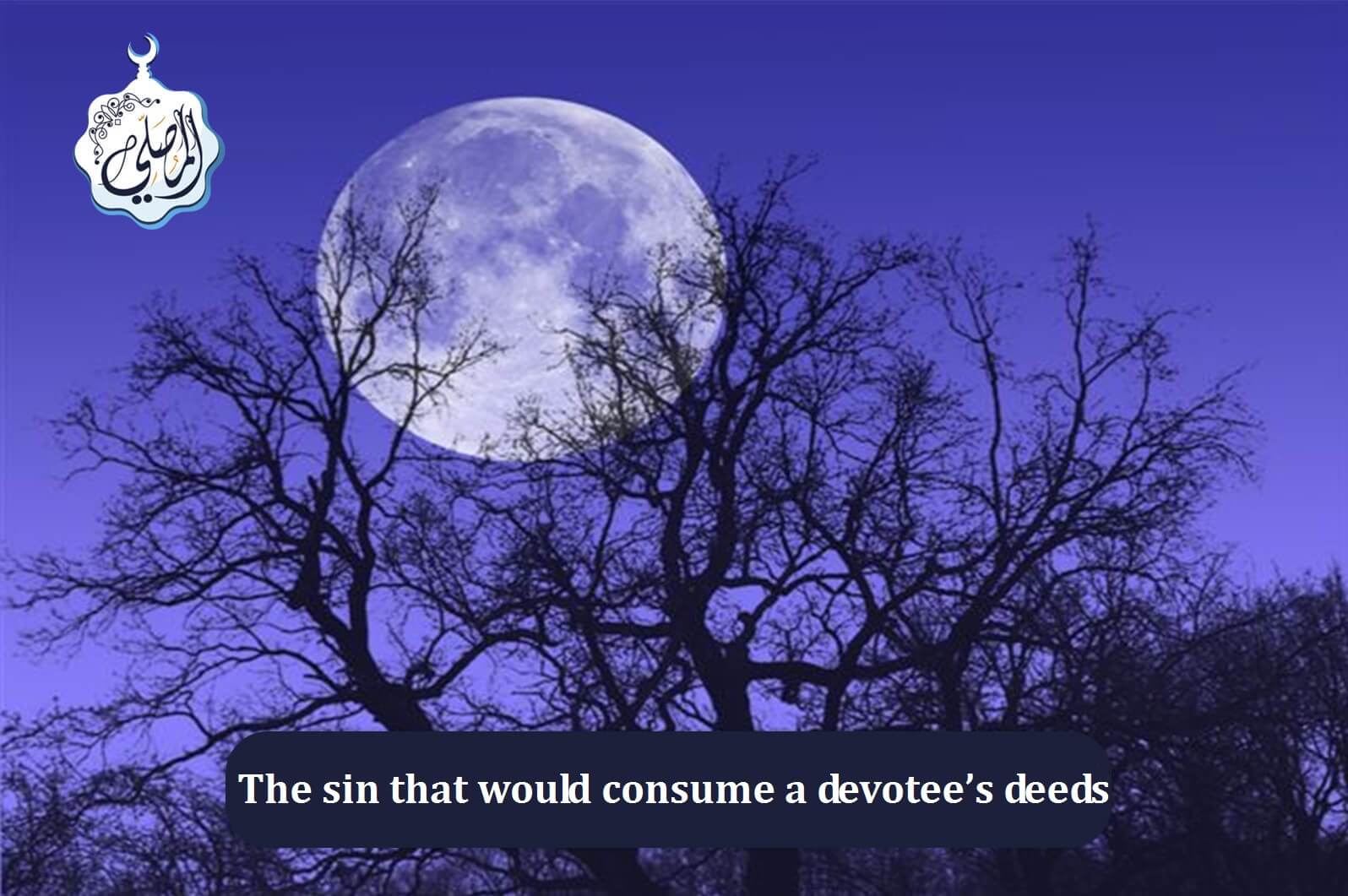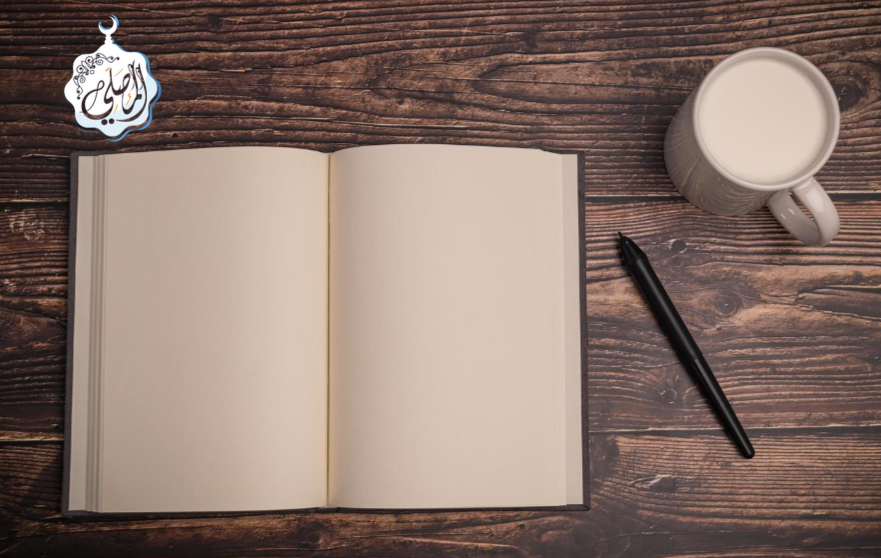
Udhiya, also known as Qurbani, is a significant act of worship in Islam performed during the days of Eid al-Adha. It commemorates the great sacrifice of Prophet Ibrahim (AS), who demonstrated unwavering obedience to Allah (SWT) by willingly preparing to sacrifice his beloved son, Ismail (AS). In remembrance of this devotion, Muslims around the world offer an animal sacrifice, distributing its meat to the needy, family, and friends.
The Virtues of Udhiya
Allah (SWT) says in the Quran:
"So pray to your Lord and sacrifice [to Him alone]." (Quran 108:2)
The Prophet Muhammad (SAW) also emphasized the importance of Udhiya, stating:
"There is nothing dearer to Allah during the days of Udhiya than the sacrificing of animals. The sacrificed animal shall come on the Day of Resurrection with its horns, hair, and hooves (to be weighed). The sacrifice is accepted by Allah before the blood reaches the ground. So sacrifice with an open and happy heart." (Tirmidhi)
Rulings of Udhiya
1. Who Must Perform Udhiya?
Udhiya is Sunnah Mu’akkadah (a highly recommended act) for those who can afford it. Some scholars consider it obligatory (Wajib) for those who meet the following conditions:
Being a Muslim
Being of sound mind
Reaching the age of puberty
Possessing the financial means (i.e., owning wealth beyond basic needs, equivalent to the Nisab of Zakat)
2. Time of Udhiya
The sacrifice must be performed:
After the Eid prayer on the 10th of Dhul-Hijjah
During the three days of Tashreeq (11th, 12th, and 13th of Dhul-Hijjah)
Sacrificing before the Eid prayer is invalid and counts only as regular charity.
3. Eligible Animals for Udhiya
The animals must meet specific criteria:
Sheep/Goat: At least 1 year old
Cows/Buffaloes: At least 2 years old
Camels: At least 5 years old
The animal must be healthy, free from defects, and not:
Blind, severely sick, or lame
Missing most of its teeth, ears, or tail
4. Distribution of Meat
It is Sunnah to divide the meat into three parts:
1/3 for the family
1/3 for relatives and friends
1/3 for the poor and needy
However, one may keep all the meat or give more to the needy if desired.
Common Mistakes to Avoid
Selling the meat or skin – It should be given as charity or used personally.
Sacrificing on behalf of others without their permission – One can only sacrifice for someone else if they have been authorized.
Delaying the sacrifice unnecessarily – It should be done within the prescribed days.
Conclusion
Udhiya is a profound act of worship that symbolizes submission to Allah (SWT) and compassion for others. By fulfilling this Sunnah, Muslims revive the spirit of sacrifice, strengthen community bonds, and earn immense rewards.
May Allah (SWT) accept the sacrifices of the Ummah and grant us the sincerity to perform this act solely for His pleasure. Ameen










 share facebook
share facebook share whatsApp
share whatsApp share twitter
share twitter share telegram
share telegram copy
copy






